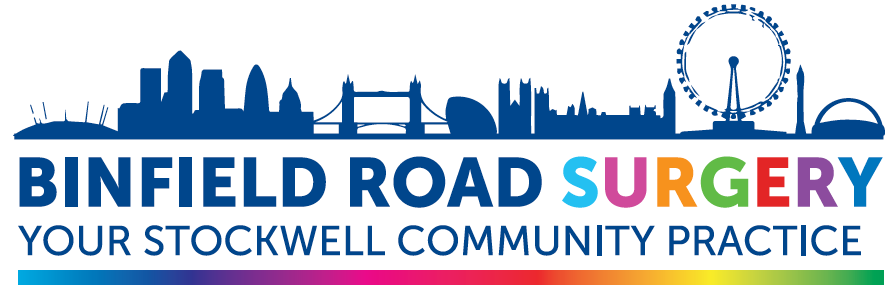This guide is designed to support General Practitioners (GPs) in managing prescription requests from registered patients following a private consultation. It is intended to provide clarity on the process and associated responsibilities.
The final decision to prescribe lies solely with the individual GP.
Background
An increasing number of patients are accessing private healthcare services for diagnosis and/or treatment, often alongside their NHS care. In many cases, private consultants recommend specific medications and request that the GP provide the prescription through the NHS, rather than issuing it privately.
This guidance is informed by the British Medical Association (BMA) document:
“The Interface Between NHS and Private Treatment: A Practical Guide for Doctors in England, Wales and Northern Ireland”, produced by the BMA Medical Ethics Department, May 2009.
For more detailed information, please refer to the full version of the BMA guidance.
General Principles
- Separation of Care: Private and NHS care for the same condition should be kept clearly separate.
- Fair Allocation of Resources: GPs and healthcare providers have a duty to make rational and fair decisions about how NHS resources are allocated, ensuring equity among all patients.
- Patient Choice: Patients have the right to move between private and NHS care at any point in their treatment journey.
- No Advantage or Disadvantage: Patients should neither be advantaged nor disadvantaged for choosing to access private healthcare.
- Transition to NHS Care: Patients who undergo private consultations for investigation or diagnosis may transition to NHS care for further treatment. However, once transferred, they must be treated in accordance with NHS clinical protocols and pathways.
- Information Sharing: All doctors involved in a patient’s care have a professional duty to share relevant clinical information with other providers to ensure safe and effective treatment.
Recommendations to GPs on request to prescribe by a private consultant
The South East London (SEL) Interface Prescribing Policy provides guidance on the appropriate transfer of care between primary and secondary care, including special considerations and shared care arrangements. These principles should be applied when responding to any prescribing requests that follow a private consultation.
GPs should clearly explain to patients what services the practice can and cannot provide following a private consultation. Patients must be advised that:
- It may not be possible or appropriate for the GP to prescribe medications recommended privately.
- Patients may need to obtain the prescribed medication directly from the private specialist.
Requests for new medications from private consultations should not be accepted automatically. Each request must be assessed individually.
Review and assessment:
- Review the patient’s medical history and records before initiating any prescribing.
- Conduct a clinical assessment to confirm the appropriateness and safety of the requested treatment.
GPs must assess the clinical need for the medication. The person who signs the prescription retains full clinical and legal responsibility for that decision.
Prescribers must ensure they are familiar with the drug, including:
- Indications and contraindications
- Side effect profile
- Monitoring requirements
There is no obligation to prescribe a medication if:
- It is not routinely offered as part of NHS services
- The patient is not eligible for NHS-funded treatment
Private consultants may recommend medications that are not clinically or cost-effective compared to NHS options. In such cases:
- Prescribe in line with local guidelines
- If uncertain, seek advice from the Medicines Management Team
If the medication appears on Schedule 1 of the NHS (General Medical Services Contracts) (Prescription of Drugs etc.) Regulations 2004 (known as the “Blacklist”), GPs must not prescribe it.
As with NHS consultant requests, GPs should not take on prescribing responsibilities for:
- Medications requiring specialist knowledge
- Medications that require specialist monitoring – unless formal shared care arrangements are in place.
If the medication is being used off-label, does not have a UK licence or is available only as a “special” formulation, the local Medicines Management Team should be contacted before prescribing.
If there is a clinical, legal, or cost-effectiveness reason not to prescribe the requested medication:
- Discuss the decision with both the patient and the consultant
- Remind the patient they may continue the medication using a private prescription from the recommending specialist
If you are not confident in accepting prescribing responsibility, seek advice from an NHS consultant who can confirm whether the medication should be provided as part of NHS-funded treatment.
If the patient self-referred to a private specialist (without GP involvement), they should be made aware of:
- NHS referral procedures
- NHS prescribing responsibilities and limitations


